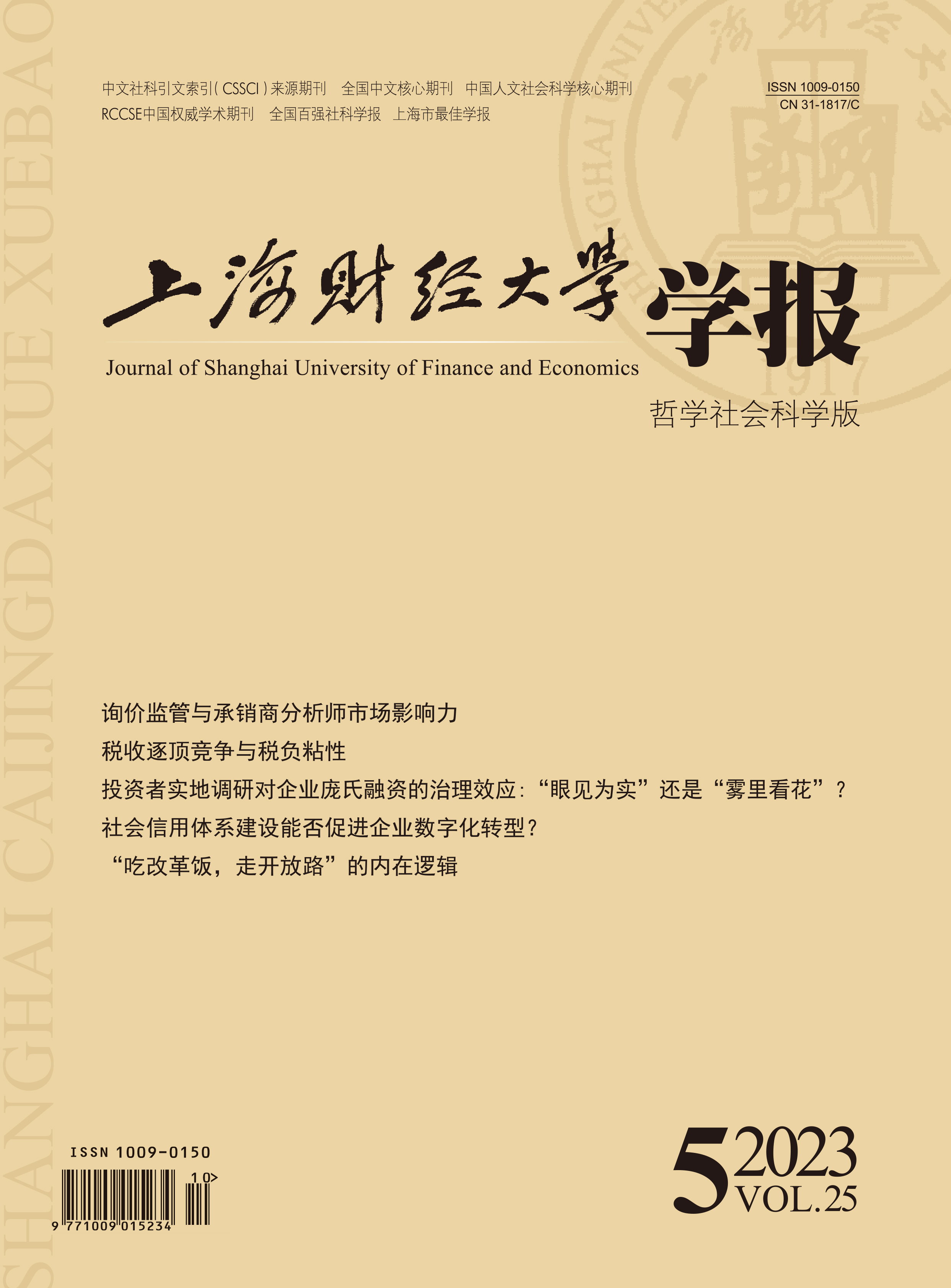Since the official opening of the STAR Market in July 2019, it has been the first to adopt a registration system and has received great market attention. Under the registration system, the issuance price of new stocks is no longer subject to regulatory guidance, but is determined by investors’ offline inquiries. However, due to the implementation of a high price exclusion system during the IPO bidding stage of the STAR Market , institutional investors participating in the IPO bidding have a strong motivation to collude by negotiating low prices, resulting in the interests of the issuer being damaged. In order to alleviate the phenomenon of “group bargaining” between analysts and primary market bidding institutions, the China Securities Association, in conjunction with Shanghai Stock Exchange and Shenzhen Stock Exchange, issued a notice on “Comprehensive Self-inspection of Compliance with Bidding by Offline Investors” on September 24, 2020 . This paper takes 487 listed companies on the STAR Market from 2019 to 2022 as the research object, and examines the impact of underwriter analysts on institutional investors’ pricing behavior before and after the new regulations on bidding supervision. The empirical results show that the impact of underwriter analysts on institutional investors’ bids significantly decreases after the new regulations on bidding supervision. The cross-sectional results show that when the reputation of underwriter analysts is lower and the information environment of listed companies is worse, the impact of underwriter analysts on institutional investors’ bids decreases more after the new regulations on bidding supervision. Further research finds that after the new regulations on bidding supervision, underwriter analysts predict prices to be more optimistic and institutional investors’ bids to have a greater degree of dispersion. This paper not only enriches the literature on the impact mechanism of analysts on capital market pricing, but also provides new research perspectives and empirical evidence for the factors influencing analysts’ optimistic bias. The results provide important policy insights for further improving the pricing mechanism of new stock issuance under the registration system. The new regulations on bidding supervision that prohibit non-underwriter analysts from speaking up not only fail to effectively curb the “group pressure” between non-underwriter analysts and institutional investors during the bidding stage, but also further exacerbate the collusion between underwriter analysts and IPO companies. Restricting non-underwriter analysts from issuing new stock forecasts is not helpful for improving the pricing mechanism of new stock issuance. It is necessary to start from a more fundamental institutional level, such as improving the rules for removing the high prices of registered new stocks, increasing government supervision, and optimizing information disclosure systems.
 / Journals / Journal of Shanghai University of Finance and Economics
/ Journals / Journal of Shanghai University of Finance and EconomicsJournal of Shanghai University of Finance and Economics
LiuYuanchun, Editor-in-Chief
ZhengChunrong, Vice Executive Editor-in-Chief
GuoChanglin YanJinqiang WangWenbin WuWenfang, Vice Editor-in-Chief
Bidding Supervision and Market Influence of Underwriter Analysts: Evidence from the IPO of the STAR Market
Journal of Shanghai University of Finance and Economics Vol. 25, Issue 05, pp. 3 - 15,152 (2023) DOI:10.16538/j.cnki.jsufe.2023.05.001
Summary
References
Summary
Cite this article
He Kaigang, Qin Yulong, Yang Qing. Bidding Supervision and Market Influence of Underwriter Analysts: Evidence from the IPO of the STAR Market[J]. Journal of Shanghai University of Finance and Economics, 2023, 25(5): 3-15.
Export Citations as:
For
Previous: 脱贫攻坚成果巩固拓展·主持人语
ISSUE COVER
RELATED ARTICLES




 5663
5663  6055
6055

